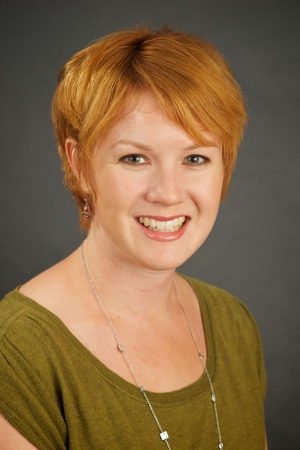Study Addresses Substance Abuse in Child Welfare
November 29, 2012 / by Eric Lindberg- Research
A new federal grant will enable Dorian Traube, an assistant professor with the USC School of Social Work, to explore the causes and consequences of a vicious intergenerational cycle of substance abuse among those involved in the child welfare system.
Studies have indicated that more than 8 million teens who need substance use treatment have parents who also struggle with substance abuse problems and were maltreated during their childhood.
“We think about 80 percent of children who are engaged by the child welfare system have some sort of family substance abuse in their profile,” Traube said. “They’ve been abused because their parent was intoxicated, or they were neglected because their parent was out trying to score and left them home alone.”
Backed by a three-year $700,000 grant from the National Institute on Drug Abuse, she will explore national data to determine the rates of substance use and abuse among those in the child welfare system, as well as the risk factors that might prompt them to use drugs or alcohol.
Despite the significant proportion of the child welfare population affected by substance abuse, Traube said the problem has been largely overlooked, primarily because substance-related issues are background factors rather than the primary reason that children are referred to child welfare. However, she suspects that having parents with substance abuse problems is a major indicator of whether children in the system will struggle with similar issues.
“Because of the inheritability of substance abuse, both genetically and behaviorally, not to mention the self-medication for all the trauma they’ve experienced, we would expect these kids to be among the most high-risk populations,” she said.
Using data from the National Survey of Child and Adolescent Well-Being, the only national data set that has tracked samples of children engaged in child welfare over time, Traube will examine the factors that make some children more susceptible to substance abuse, including family history of substance-related problems, race and ethnicity, type of maltreatment, and whether or not they were placed in foster care or otherwise removed from their home.
She will also explore how substance use issues develop over the course of child development, particularly during the teenage years, to determine whether there are specific points in time when intervention and prevention efforts might be most effective.
“When kids hit 15, it seems like the time when this becomes the biggest issue,” Traube said.
In addition to presenting research findings in leading journals and conferences, she also plans to convene a panel of experts in child welfare and substance abuse during each year of the project. The group, which will include representatives from the National Center on Substance Abuse and Child Welfare and the National Alliance for Drug Endangered Children, will discuss how findings can be used to improve various child welfare and drug and alcohol dependency programs.
“I am hopeful that it will lead to changes in the system of care in behavioral health services, really be an alteration of the way we provide substance abuse services to families,” Traube said.
Because the data are nationally representative, she said findings should be applicable to the entire population of children in the child welfare system. Traube is also hopeful that knowledge gained from the project will inform efforts to tailor existing substance abuse recovery programs to the specific needs of the child welfare population.
Other USC-affiliated scholars involved with the study include assistant professor Michael Hurlburt, senior biostatistician Chih-Ping Chou, and doctoral student Amy He. The project is funded through August 2015.
To reference the work of our faculty online, we ask that you directly quote their work where possible and attribute it to "FACULTY NAME, a professor in the USC Suzanne Dworak-Peck School of Social Work” (LINK: https://dworakpeck.usc.edu)
